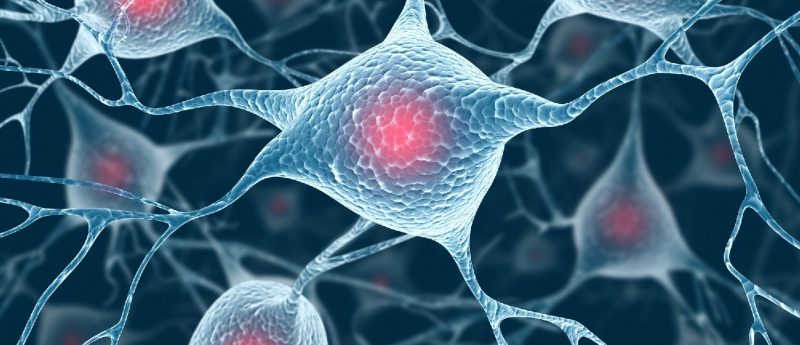Post-stroke neurogenesis boosted with new compound

Researchers from the Universities of Iowa and Miami have developed a compound, P7C3-A20, which not only prevents mature neurons dying during stroke, but also encourages neurogenesis after a stroke to protect cognitive function.
In a study recently published in Experimental Neurology, a compound developed by scientists at the University of Iowa Carver College of Medicine (IA, USA) and the University of Miami Miller School of Medicine (FL, USA) has been demonstrated to minimize loss of mature and newly developed neurons after stroke. The compound, P7C3-A20, was observed both to reduce brain atrophy and promote neurogenesis in stroke models, and could have major implications for the prevention and treatment of stroke.
Every year, approximately 130,000 Americans die of stroke and those that do not are often left with long-term physical and cognitive disability. When stroke occurs, in addition to the cell death that is observed when blood supply is lost to specific brain regions, reperfusion also leads to further brain atrophy. In response to this, a surge in neurogenesis is observed in regions of the brain; however, a vast majority of these new cells die in 1—2 weeks.
Preventing brain atrophy and protecting these newly formed cells is a priority in the development of novel stroke treatments, but — until now — breakthroughs in this area have been very limited. “Currently there are limited treatments for acute stroke that make a real difference in patient’s lives. There is an urgent need to identify, test and translate new therapies to the clinic,” explained Dalton Dietrich (University of Miami), cosenior study author.
When P7C3-A20 was administered twice daily to rats that had suffered simulated stroke, there was a reduced loss of brain tissue and increased survival of newborn neurons six weeks after the event. Additionally, treated rats who received the compound for 7 days post-stroke exhibited improved balance and coordination 1 week after stroke, and improved learning and memory 1 month after stroke, compared with untreated rats. P7C3-A20 has previously been shown to prevent neuron death in other animal models of neurologic injury, including Parkinson’s disease and traumatic brain injury.
“There is no previous demonstration of a pharmacologic agent that both protects mature neurons from dying and also boosts the net magnitude of neurogenesis,” said Andrew Pieper, University of Iowa. “Our compound is beneficial in this animal model of stroke, and we’re hopeful that it might eventually benefit patients. We found we can give the compound in this critical period immediately after the stroke and it has a lasting effect.”
Pieper concluded: “The ability to both protect and repair the injured nervous system has major implications on how we think about improving outcomes in millions of people each year with acute neurological injuries.”
Sources: Lorisa ZB, Pieper AA, Dietrich WD. The neuroprotective compound P7C3-A20 promotes neurogenesis and improves cognitive function after ischemic stroke. Exp. Neurol. 290, 63—73 (2017); www.sciencedaily.com/releases/2017/03/170303082113…